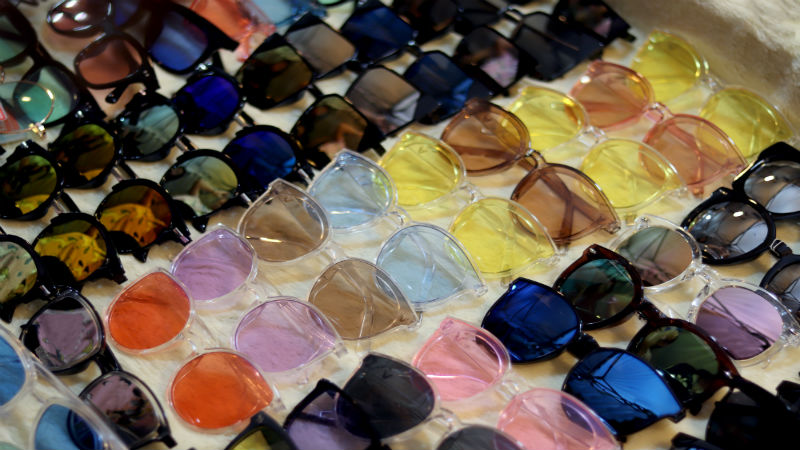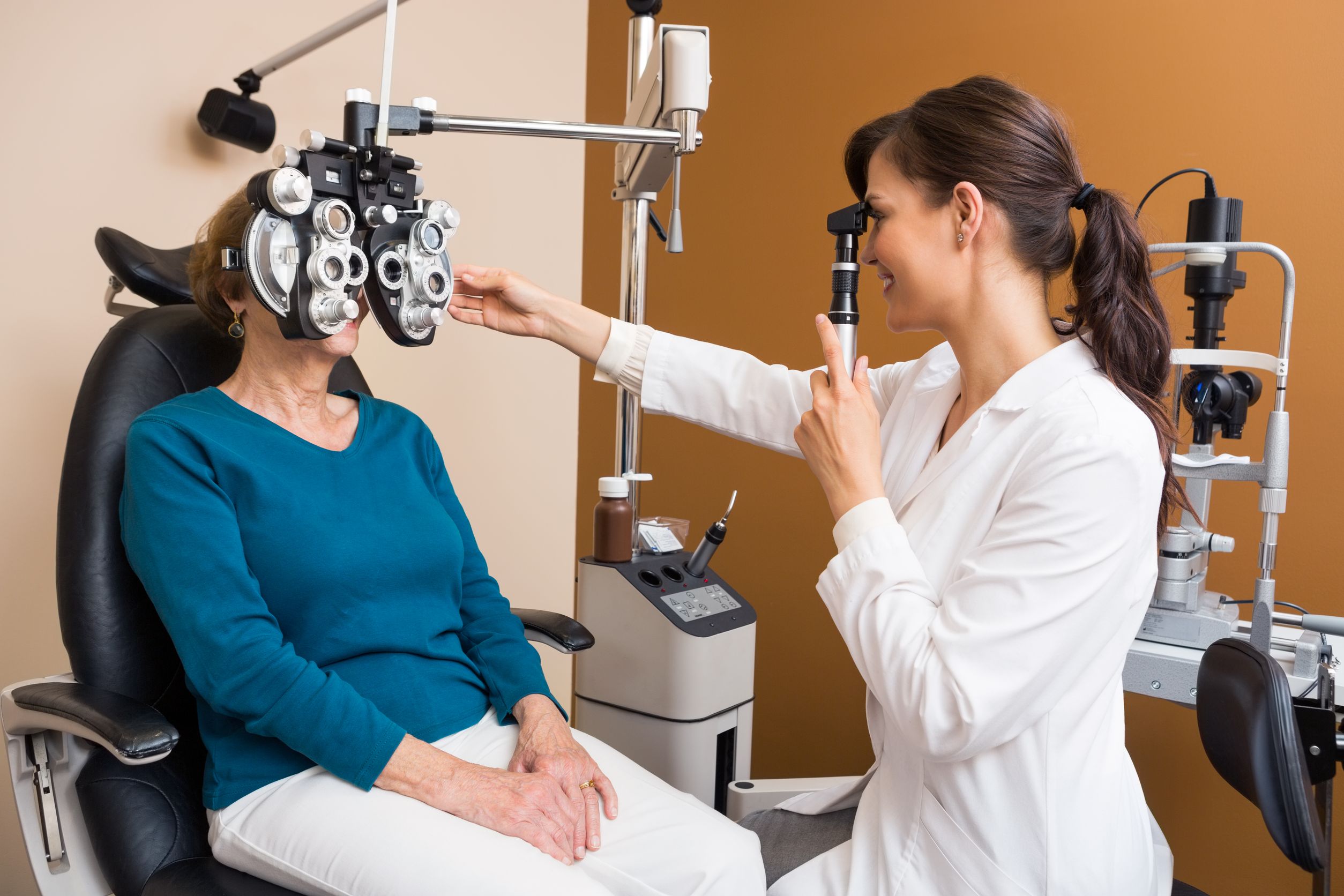If you are considering or preparing to undergo cataract surgery, you may be surprised to learn that you may still need to wear glasses.
The type of post-cataract surgery glasses you might need will vary depending on the type of artificial lens you choose and any after-effects you experience after the operation.
Cataract surgery involves removing and replacing the eye’s clouded natural lens. A new artificial lens substitute — called an intraocular lens or IOL — will take its place, sharpening your vision and helping you see colors better.

The perfect IOL implant for you
An experienced ophthalmologist can help you choose the right intraocular lens for you based on your condition and lifestyle. You may want to consider a clinic that offers several options such as monofocal and multifocal lens replacements.
Monofocal lenses restore your vision at a fixed distance — either far, near, or intermediate. They can also be used to correct astigmatism.
However, depending on which focal length you choose to set your new lens at, you will need two sets of prescription glasses to be able to see at the other distances.
For example, if you set your intraocular lens for distance vision, you will need glasses for reading or looking at a computer screen.
Multifocal lenses give you more freedom from glasses, as they allow you to focus at all three distances. Some patients find they need a small reading prescription for viewing very fine print.
Alternatively, monofocal lenses can be used to focus at two different distances by placing a lens for distance in one eye and a lens for near vision in the other. “Monovision” is a cost-effective alternative to multifocal lenses, though it can be tricky to get used to.

Other reasons you might still need glasses
A common after-effect of lens replacement surgery is increased sensitivity to bright light. Though distracting glare from artificial light sources in low-light situations should be reduced after cataract surgery, you may still notice some.
Light sensitivity can be mitigated by wearing glasses with a tint or photochromatic lenses that darken automatically when they detect UV light. Lenses with an anti-reflective coating can help reduce halos and starbursts at night.
Although cataract surgery will likely reduce your dependency on glasses significantly, there is no guarantee you won’t need them, either in the short or long term.
If you are having trouble seeing in certain situations after your cataract surgery, visit your local eye doctor for an examination, but wait until six weeks after your surgery before undergoing an eye exam for the most accurate prescription.
At your appointment, discuss your concerns with your eye doctor. They can advise how post-cataract surgery glasses might help you going forward.
